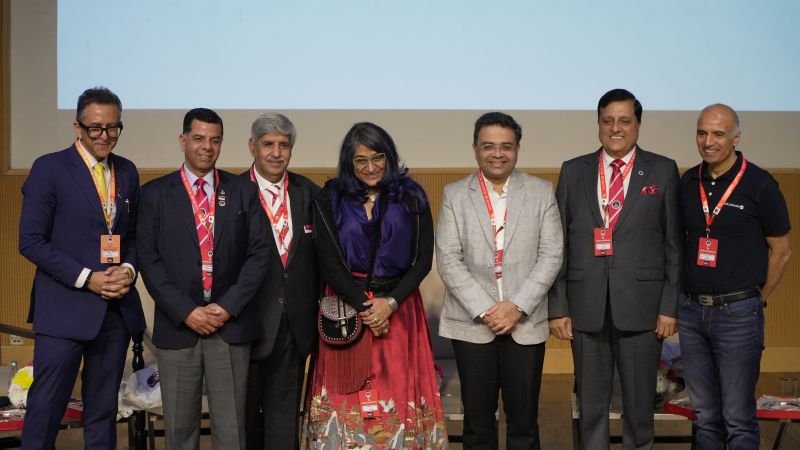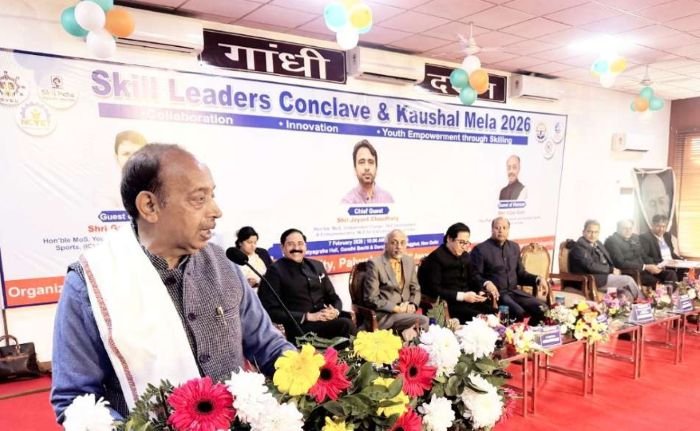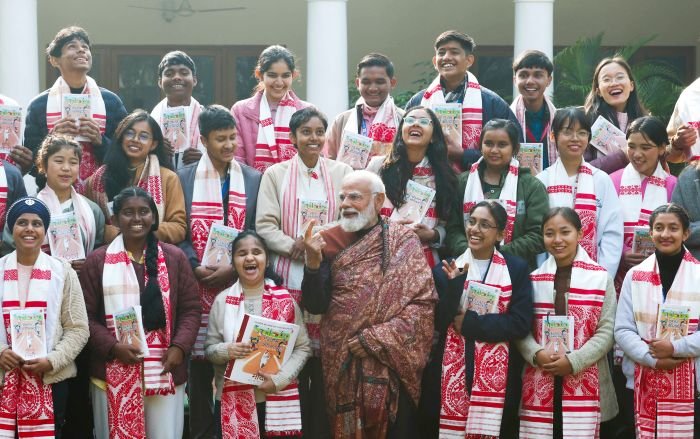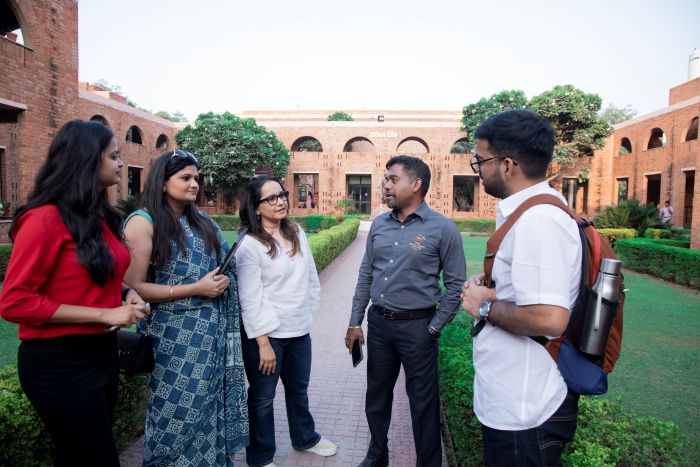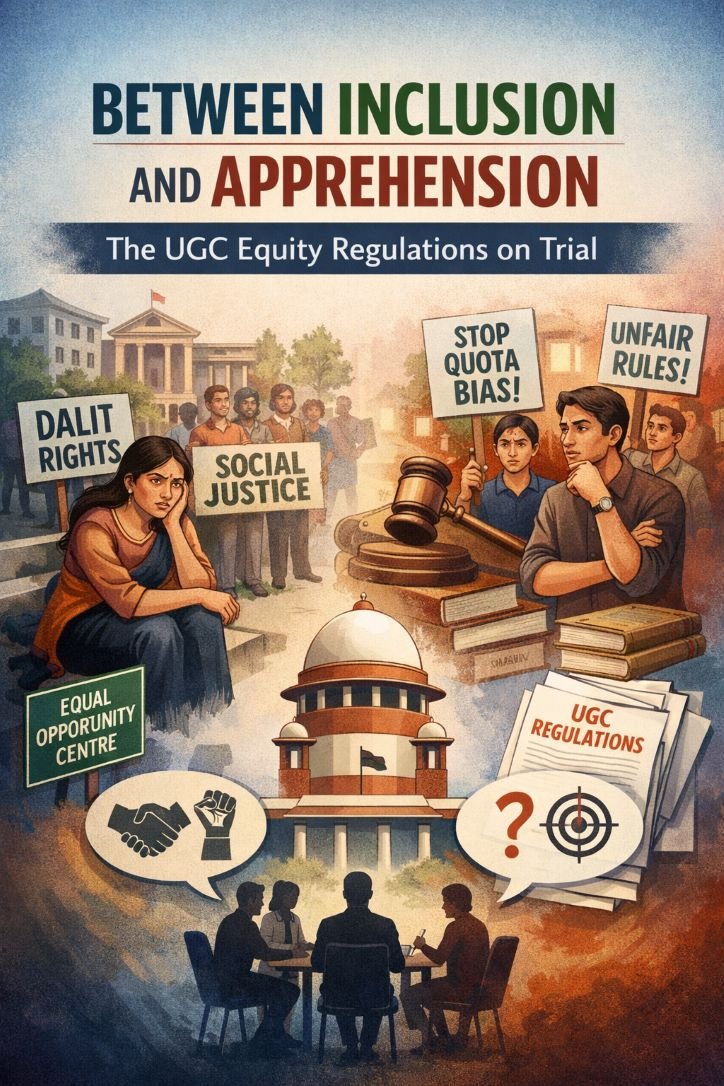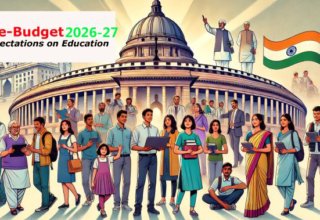
Freedom at 75 must also be an occasion of addressing compelling issues of child and youth
By Autar Nehru
In an all pervasive digital mindscape, evolution of digital citizenship is almost ‘civilizational’ in journey—from experimentation and rudimentary to standardization through political systems and doctrines. Most of us entered into today’s digital world without induction even as rules and regulations continue to appear randomly, bulk of them expecting self-regulations and existing civility to wade off the harms and evils of the oceanic cyberspace.
In India, the mobile phone penetration has been phenomenal with a staggering 80 crore (800 million) people already using them and more adding on a daily basis. Of these 50 crore (500 million) are on smartphones and this number is going up exponentially even at this moment. In layman terms, a digital revolution is sweeping the country. These devices are turning into great sources of connectivity, resources, e-commerce and much more. As the share of digital economy is increasing rapidly in the overall economy, so are bad behaviour, cyber crime, fake news, misinformation and hate, etc.
With Covid pandemic virtually sanctioning device use by children, their vulnerability and concerns on online safety has increased manifold as they go on having more screen time than before. According to The Internet Watch Foundation younger children were targeted on a large scale by online predators during lockdowns, reaching a triple increase in online sexual abuse imagery featuring 7–10-year-olds. Digital literacy is coming as an exploration without being schooled in cognitive skills of digital citizenship. Cyberspace is acknowledged as a dangerous space for children. If cyber bullying and poaching by paedophiles were the original concerns, over the years, the threats have grown to a wider range including vulnerability to breach of privacy and personal data collection, using them to peddle fake news and content, seduction and cookies without permission siphoning off money and addiction to gaming and adult sexual material, etc. The wider implications of dark web, rigging, corrupting minds and endangering humanity are there if cyber world doesn’t evolve through strong citizenship concepts and mechanisms to enforce rights and responsibilities.
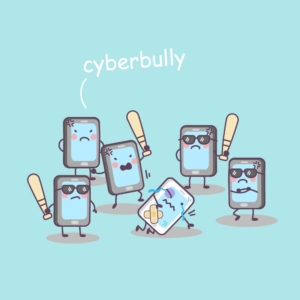 Experts are clear on what needs to be done. According to Siddharth Pillai, Founder, Rati Foundation for Social Change, all stakeholders—State, platforms, specialists, regulators, educators, civil society groups, etc—need to come together with a vision and agree to a framework, infrastructure and ecosystem for child safety in the new circumstances. “Standardization is not enough, prevention is important and onus should not be on the child but the system must empower the child and his or her parents,” he adds.
Experts are clear on what needs to be done. According to Siddharth Pillai, Founder, Rati Foundation for Social Change, all stakeholders—State, platforms, specialists, regulators, educators, civil society groups, etc—need to come together with a vision and agree to a framework, infrastructure and ecosystem for child safety in the new circumstances. “Standardization is not enough, prevention is important and onus should not be on the child but the system must empower the child and his or her parents,” he adds.
The Internet is a momentous technological development of our times. For children and younger generation, it is a new way of life full of opportunities for learning, work, talent development, skilling, business, collaboration and creativity. Coding itself is going to generate plenty of job opportunities. So from here on, things like computational thinking, creativity, high order critical thinking and coding are going to be universal child development aspirations.
But the shift of academic transactions as a result of burgeoning online space by mushrooming of edtech at least in India doesn’t reflect the desired change. According to Kavita Singh, CEO, Futureworks Consulting Pvt. Ltd. 90% of the edtech is test prep and certification. “Actually tuition classes have migrated to online. The delivery is similar, more screen time and physically draining. In name of experiential learning there is diversion and distraction instead,” she says while adding that much of education material we have is teacher-focused curriculum. Digital media literacy is a global issue. Credibility of information and its sources are very important from the perspective of how it affects the outcome. “The education of digital responsible citizens must be incorporated in every school. Licensing clearly needs to be understood—like what is being collected, data privacy, what is being recorded, what people claim and what they are applying. All this needs to be regulated bysetting standards, extension of oversight committees to curriculum to check on edtech platforms,” she adds.
The Information Technology Act, 2000 (also known as ITA-2000, or the IT Act) regulates cyber space in India. It is fairly comprehensive legislation with the Ministry of Electronics and Information Technology (MeitY) being its custodian. Responding to increasing cyber crime and in particular safeguarding children, the Ministry issued the Information Technology (Intermediary Guidelines and Digital Media Ethics Code) Rules in 2021. Now grievance redressal mechanism is robust and importantly available and platforms have been made more responsible.
“Based on recommendations of the Supreme Court, the Government has taken several steps to ensure cyber crime is reported and acted upon in real time. Apart from already operational Cyber Crime Portal, which makes cyber crime reporting easy, there is an agreement with server hosts (mostly in USA) for real-time reporting. PIB (press information bureau) is responding to fake news. People can approach us (the ministry) as well,” says Rakesh Maheshwari, Sr. Director at MeitY. He further adds that dedicated education programs that includes curriculum on cyber security by CBSE and emergency response toolkit by NCERT along with experience sharing sessions, success stories, awareness of legal provisions, seminars for parents are some of the regular activities from his ministry. “Government, enforcement agencies, schools, parents and civil society groups –all need to onboard on this issue. Teachers are very important as they need to know risks of technology and schools should upgrade themselves,” he adds.
While awareness and education of the existing provisions is a must for children, parents, teachers and schools, knowledge about some basic rules and information on available resources can be handy. Scammers are smart and several steps ahead, they catch you at a vulnerable moment say Siddharth Pillai. “They will sound friendly, intimate and show empathy and say things like ‘Oh, I understand …I have a solution, tell me your problem, I am not a scammer,’ etc and take them to telegram or other platform to reveal secrets, personal information, location and other details. So rule of thumb must be to teach your child not to reveal anything to a stranger and avoid intimacy. They are professionals and can con anybody even adults like you. Therefore be always on child’s side and build trust with him or her. The sooner you report, chances for recovery say money is greater. Lock your profile and protect your inner network. Seek help,” he says. His NGO runs a helpline, Meri Trustline (Phone No. 6363176363), for counselling of such crimes and breaches in Hindi and English.
While digital citizenship matures, all students must not forward sensational news and instead use trustworthy sources. There is a lot cyber world can offer you. It will bring you in contact with people who have similar interests, make friends, explore newer interests, and build up skills and working with your network.
Similarly, the opportunities for teachers to become better and enabling teachers are there. It can change attitude towards teaching, help teachers train better. Make up for loss elements in teacher-student relationship. Youth below 25 are biologically venerable; they are not able to cope with socio-emotional issues, while at the same time having more resilience than adults. Therefore, teachers have a role.
India is not completely digital. People engage for benefits. Connectivity is still a big challenge along with affordability. Lot of people including parents struggle with online migration and understanding of issues involved. Schools need to handhold parents by regular awareness sessions for parents. Everybody must be aware what to do if something goes wrong.
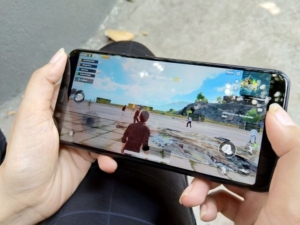 A sample of news around how cyber space is acting on young minds outlines the dangers of future. Boys locker room case of 2020, an 11-year-old boy from Ghaziabad used YouTube to learn hacking tricks and then called for extortion to his own father and only recently 16-year-old boy allegedly shot dead his mother in Lucknow as she stopped him from playing the online game PUBG. Clearly there is a strong case for looking at the cyber safety and content from the perspective of allowing children and young adults a life of freedom from crime and substandard models.
A sample of news around how cyber space is acting on young minds outlines the dangers of future. Boys locker room case of 2020, an 11-year-old boy from Ghaziabad used YouTube to learn hacking tricks and then called for extortion to his own father and only recently 16-year-old boy allegedly shot dead his mother in Lucknow as she stopped him from playing the online game PUBG. Clearly there is a strong case for looking at the cyber safety and content from the perspective of allowing children and young adults a life of freedom from crime and substandard models.
(Quotes taken from panel discussion coinciding with the launch “Responsible Digital Citizenship and Online Safety Report” by Disney Star India in collaboration with Wranga on July 29)


